On November 25, 1713 in Celtic History
The second irish parliament of queen anne sits from this date to 24 december
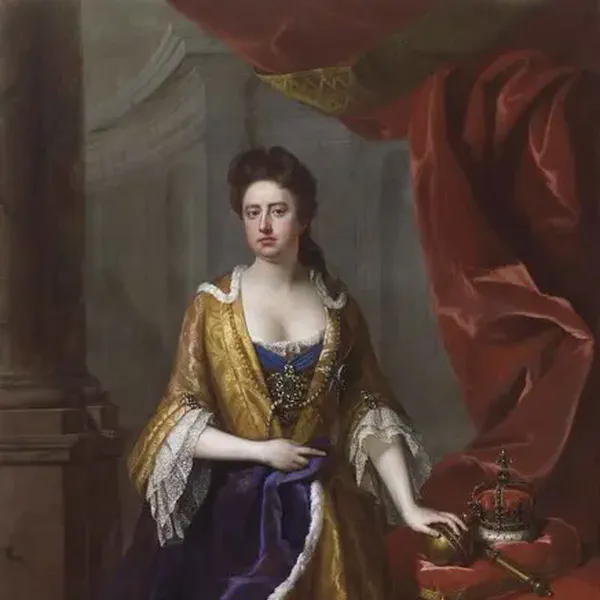
Anne, Queen of Great Britain (6 February 1665 – 1 August 1714) was Queen of Great Britain and Ireland following the ratification of the Acts of Union on 1 May 1707, which merged the kingdoms of Scotland and England. Previous to this, she was Queen of England, Scotland, and Ireland from 8 March 1702.
Anne was born during the reign of her uncle King Charles II. Her father was Charles’s younger brother and heir presumptive, James, whose suspected Roman Catholicism was unpopular in England. On Charles’s instructions, Anne and her elder sister Mary were raised as Anglicans. Mary married their Dutch Protestant cousin, William III of Orange, in 1677, and Anne married Prince George of Denmark in 1683. On Charles’s death in 1685, James succeeded to the throne, but just three years later he was deposed in the Glorious Revolution of 1688. Mary and William became joint monarchs. Although the sisters had been close, disagreements over Anne’s finances, status, and choice of acquaintances arose shortly after Mary’s accession and they became estranged. William and Mary had no children. After Mary’s death in 1694, William reigned alone until his own death in 1702, when Anne succeeded him.
Irish Election of 1713
The 1713 Irish general election returned members to serve in the House of Commons. The election took place during a high-point for party politics in Ireland, and saw heavy losses for the Tories and the emergence of a Whiggish majority in the commons.
Irish Parliament
Date on which acts received royal assent: 22 Dec 1713 (1 act)
Total of 1 public acts
- [12 Anne] [Bill No. 3037] For granting to her majesty an additional duty on beer, ale, strong waters, tobacco, and all other goods and merchandises.
25 Bills not Enabled
| Session | Short Title | Title Statute | Number |
|---|---|---|---|
| 1713 | Linen whitening abuses | For preventing abuses committed in whitening linen. | Not Enacted |
| 1713 | Preventing fires | For the better preventing mischiefs that may happen by fire. | Not Enacted |
| 1713 | Regulating parliament elections | For regulating elections in the kingdom of Ireland. | Not Enacted |
| 1713 | Preventing imprisonment overseas | To prevent imprisonment beyond the seas. | Not Enacted |
| 1713 | Encouragement of tillage | For the encouragement of tillage. | Not Enacted |
| 1713 | Bankers’ notes | For making bankers’ notes more effectual. | Not Enacted |
| 1713 | Quit, crown and composition rents | For the ease of her majesty’s subjects in paying their quit rents. | Not Enacted |
| 1713 | Church repairs and vestries | To empower vestries to raise money for keeping parish churches in constant repair. | Not Enacted |
| 1713 | Counsel in cases of felony and treason | That the subject may have the benefit of counsel in cases of felony and treason. | Not Enacted |
| 1713 | Additional duty | For granting to her majesty an additional duty on beer, ale, strong waters, tobacco, and all other goods and merchandises. | [12 Anne] |
| 1713 | Protestant jurors in Galway | To enable Protestant freeholders of the county of Galway to serve as jurors in all criminal cases in the county of the town of Galway. | Not Enacted |
| 1713 | Clandestine marriages | To prevent clandestine marriages. | Not Enacted |
| 1713 | Transportation overseas | For the more effectual sending beyond the sea such as by law are to be transported, and to prevent the return of such who shall be transported. | Not Enacted |
| 1713 | Criminal prosecutions for words spoken | To limit the time for criminal prosecutions for words spoken. | Not Enacted |
| 1713 | Relief of poor prisoners | For the relief of poor prisoners. | Not Enacted |
| 1713 | Cattle maiming | For supplying the defects of an act entitled an act to prevent the maiming of cattle. | Not Enacted |
| 1713 | Writs of mandamus and quo warrantos | For rendering the proceedings on writs of mandamus, and informations in the nature of a quo warranto, more speedy and effectual, and for the more easy trying and determining the rights of offices and franchises in corporations and boroughs. | Not Enacted |
| 1713 | Tithes | For the more easy recovery of tithes, and other ecclesiastical dues, and to prevent frequent excommunications. | Not Enacted |
| 1713 | Blasphemy and profaneness | To prevent blasphemy and profaneness. | Not Enacted |
| 1713 | Stealing of horses, and punishing accessories to felons | Against horse stealing, and to prevent the buying and selling of stolen horses, and for punishing all accessories to felons. | Not Enacted |
| 1713 | Summary hearings for small debts | For the amending and continuing the act for recovery of small debts in a summary way, before the judges of the assize. | Not Enacted |
| 1713 | Tories and rapparees | For amending two several acts against tories, robbers and rapparees. | Not Enacted |
| 1713 | Servants | To empower justices of the peace to determine disputes about servants wages, and to oblige masters to pay the same, and to punish idle and disorderly servants. | Not Enacted |
| 1713 | Attainting the Pretender and his adherents of high treason | To attaint the Pretender, and all persons, subjects of this kingdom, who have adhered to, aided, abetted or assisted him, of high treason. | Not Enacted |
| 1713 | Qualification of members of parliament | For securing the freedom of parliament, by qualifying members that are to sit therein. | Not Enacted |
The Irish Parliament during the reign of Queen Anne began on November 25, 1713, and it ran until December 24, 1713. During this session, Alan Brodrick, a Whig, was elected Speaker for the second time. The election process was marked by a contentious contest with the Tory nominee, Sir Richard Levinge.
During this time in 1713, Anne was unable to walk between January and July 1713. Christmas of 1713, Queen Anne was feverish, and lay unconscious for hours, which led to rumours of her impending death. She recovered, but was seriously ill again in March of 1714. Anne died around 7:30 a.m. on 1 August 1714.
Alan Brodrick
Alan Brodrick’s election as Speaker reflected the political tensions of the time, with Whigs and Tories vying for influence. The role of Speaker was crucial in parliamentary proceedings, and the selection process could be highly charged.
Alan Brodrick, 1st Viscount Midleton, PC (Ire) (c. 1656 – 29 August 1728) was a leading Irish lawyer and Whig politician who sat in the Parliament of Ireland between 1692 and 1715 and in the British House of Commons from 1717 to 1728. He was Speaker of the Irish House of Commons and Lord Chancellor of Ireland. Although he was a man of great gifts, he was so hot-tempered that even Jonathan Swift is said to have been afraid of him.
Brodrick was Speaker of the Irish House of Commons from 21 September 1703. After promoting resolutions critical of the Lord Lieutenant of Ireland he lost his post as Solicitor-General in 1704. For some reason, he regarded his successor, Sir Richard Levinge, 1st Baronet as his particular enemy, even though Levinge, a mild and conciliatory man, made it clear that he was willing to be his friend. He was Attorney-General for Ireland 1707–1709.
He became Chief Justice of Ireland 1710–1711 and was replaced as Speaker on 19 May 1710, but again held the office in the next Parliament 25 November 1713 – 1 August 1714, where he also represented County Cork.
In 1713 he purchased a substantial estate at Peper Harrow, in Surrey, from Philip Frowde. He was appointed Lord Chancellor of Ireland in 1714 and was ennobled in the Peerage of Ireland in 1715, as the 1st Baron Brodrick. He vacated his seat in the Irish Commons and continued in the Irish Parliament as a peer. He was advanced to the rank of 1st Viscount Midleton in 1717.
More From This Day
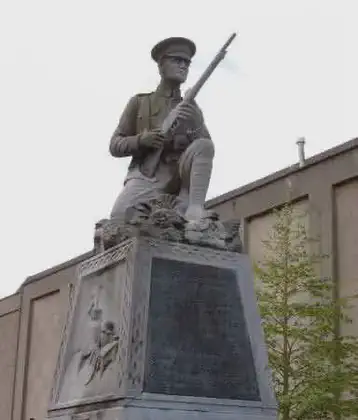
Official founding date of the Provisional Committee of the Irish Volunteers
November 25, 1913
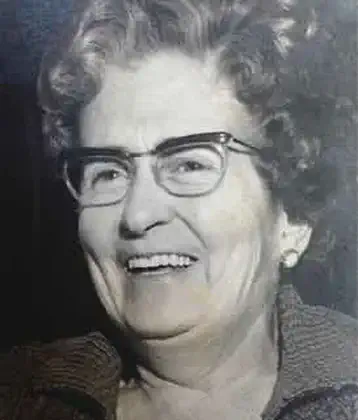
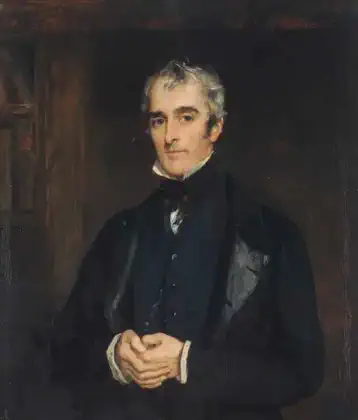
John Gibson Lockhart, biographer and critic, editor Blackwoods magazine, died
November 25, 1853
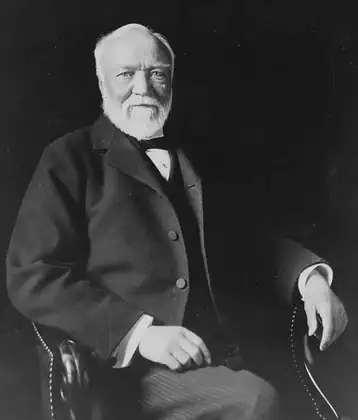
Andrew Carnegie, Steel magnate and philanthropist, born in Dunfermline Scotland
November 25, 1835
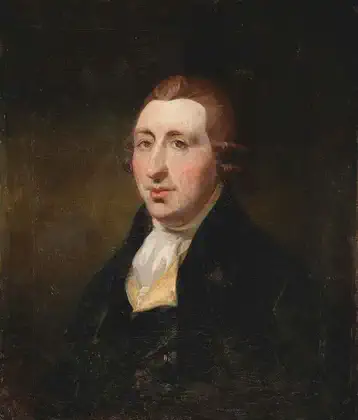
James Napper Tandy leading radicals asks for Parliamentary reform for Ireland
November 25, 1784
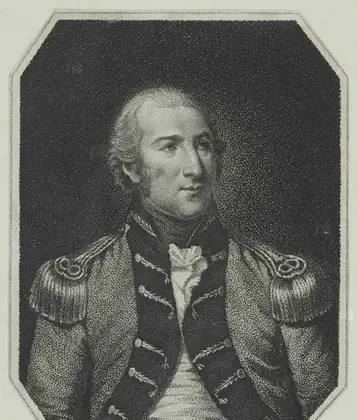
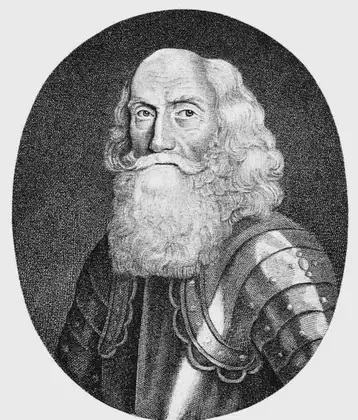
General Tam Dalyell raises a regiment to suppress Covenanters which later became the Royal Scots Greys
November 25, 1681